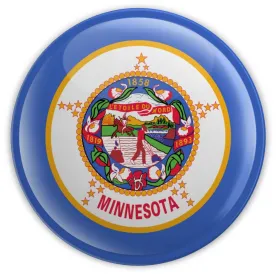On May 4, 2020, Minnesota Governor Tim Walz signed Emergency Executive Order (EO) 20-50, which temporarily suspends the service of wage garnishment summonses in Minnesota for consumer debts originating “from the purchase of goods or services purchased primarily for a personal, family, or household purpose, and not for a commercial, agricultural, or business purpose.”
EO 20-50 is effective as of May 4, 2020, and will remain in place until EO 20-01 (by which Governor Walz declared a state of emergency due to the COVID-19 pandemic) is terminated or rescinded by proper authority.
Specifically, EO 20-50 suspends:
-
service of garnishment summonses on consumer debtors or consumer garnishees;
-
prejudgment garnishments on consumer debtors or consumer garnishees; and
-
judgment creditors’ access to legal processes normally used to obtain information about consumer debtors’ assets, liabilities, and personal earnings.
As to the first point, it is not clear how an employer or other garnishee would necessarily know whether the debt underlying a garnishment was a “consumer” debt, unless the type of debt were obvious from the name of the judgment credit.
Noting that “[m]any Minnesotans are suffering from food insecurity, unemployment, and housing insecurity from the effects of the COVID-19 pandemic,” EO 20-50 further specifies that Coronavirus Aid, Relief, and Economic Security Act (CARES) Act payments are also exempt from garnishment.
EO 20-50 does not apply to domestic support obligations such as spousal maintenance and child support.
Each violation of EO 20-50 carries a civil penalty of up to $25,000.





 />i
/>i

